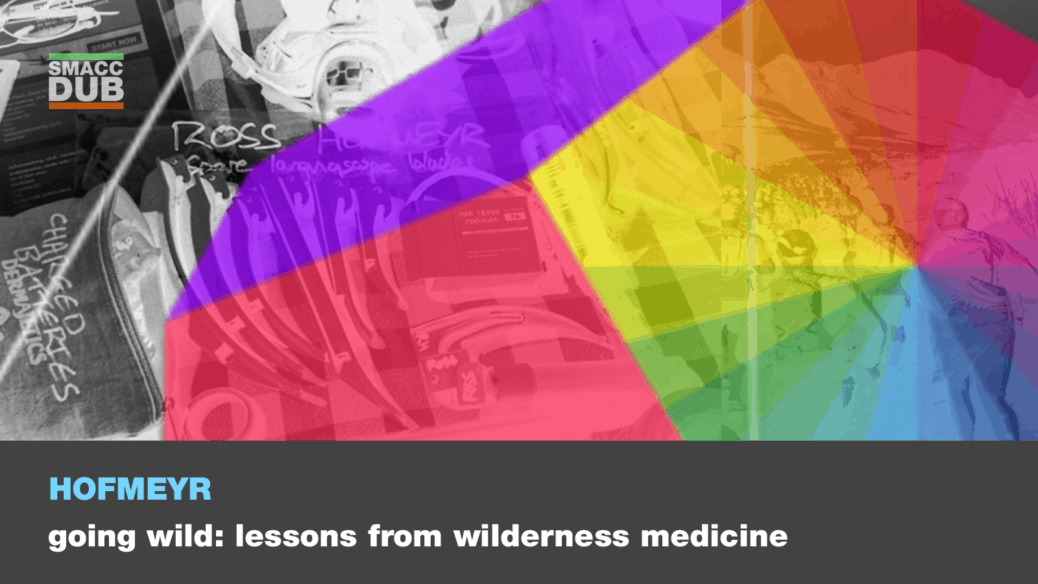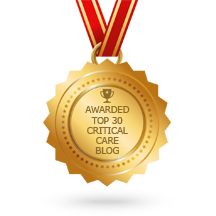Wilderness and expedition medicine is the epitome of practical, pragmatic, minimalist and thoughtful care. Austere and extreme environments require special knowledge, critical thinking, innovative practice and sometimes cunning improvisation. Diagnosis in the wilderness relies heavily on clinical examination skills, monitoring and special investigations are very limited, and treatment options are determined by the breadth and depth of the individual practitioner’s hands-on skills. The implications of extreme environments – high pressures and altitude, frigid and sweltering temperatures, hypoxia and high-intensity endurance exercise – can provide us with great insight into the physiology of humans responding and adapting to critical illness. In this presentation, Ross shares trials and tribulations and draws on experiences from wilderness rescue, and expeditions around the world, which provide lessons for wilderness medics. Many of these lessons can be translated to insights into practicing better acute and critical care medicine in our day-to-day settings.

























